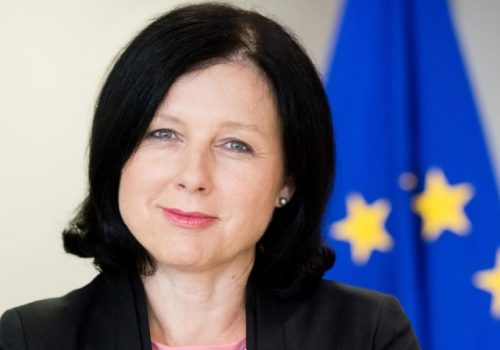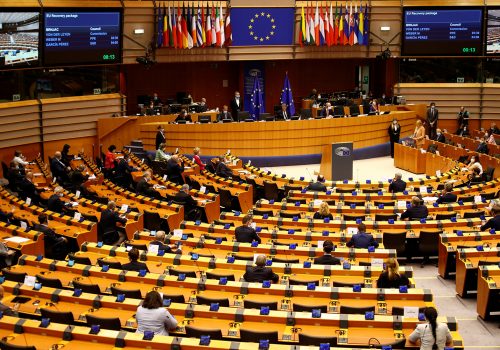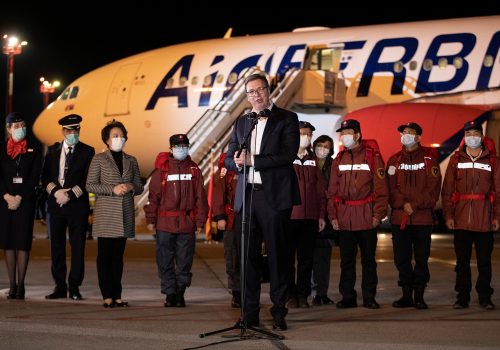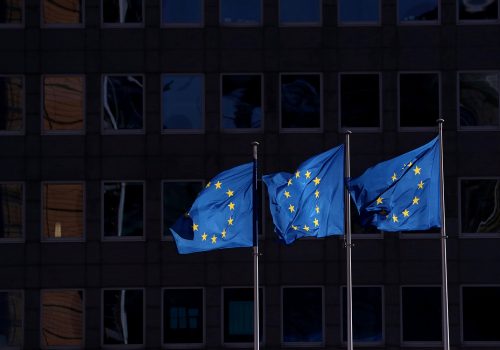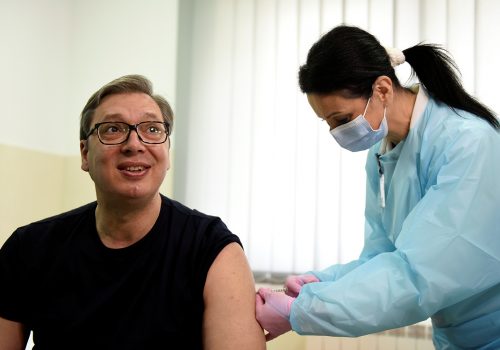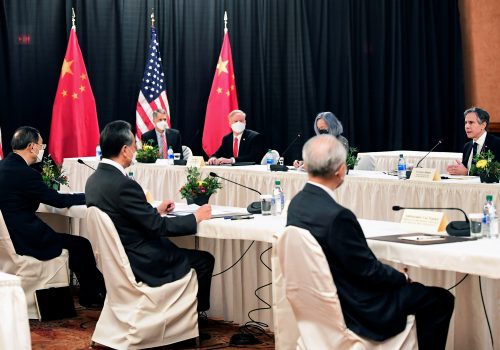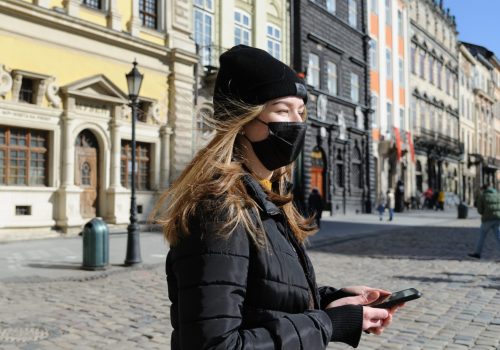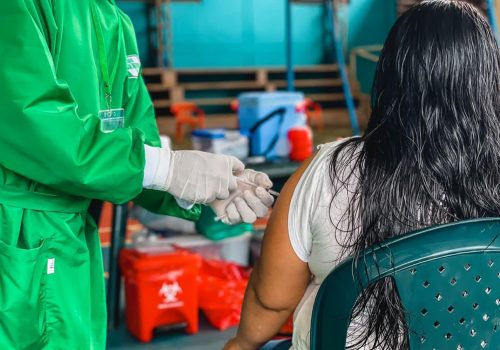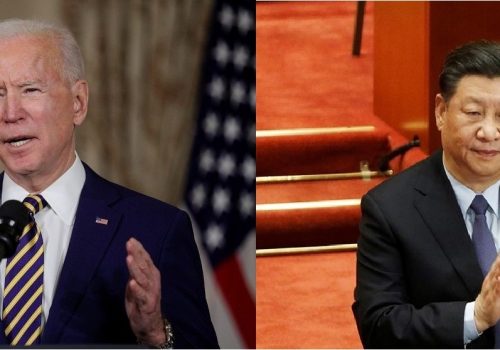About the project
Since its emergence, the novel coronavirus (COVID-19) has spread rapidly across the globe. Health systems are straining under an overwhelming demand and a lack of infrastructure and personal protection equipment, while the global economy has taken a severe hit as social distancing and self-quarantine strategies interrupt daily life and prevent commerce.
Europe has become the center of the pandemic as the number of cases grow exponentially across the continent. Given Europe’s complex overlap of governance structures, debates over the needs of Member States versus the jurisdictions of the European Union rage as the situation on the ground worsens. After a rocky start, however, European nations have begun to work together, both at national and EU levels. Will Europe be able to sustain its cooperative measures, or will individual countries peel off looking for independent solutions? What is the role of the EU in a public health crisis, traditionally the remit of Member States? How will a European Commission dedicated to developing a geopolitically-focused EU interact with its neighbors and rivals in this time of crisis, and how will it impact the international system after the virus abates?
This series from the Atlantic Council’s Future Europe Initiative aims to follow these questions by tracking developments in key countries across the continent, and adding expert commentary across topical themes.
